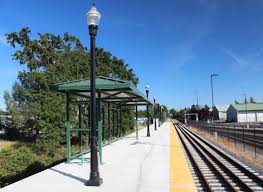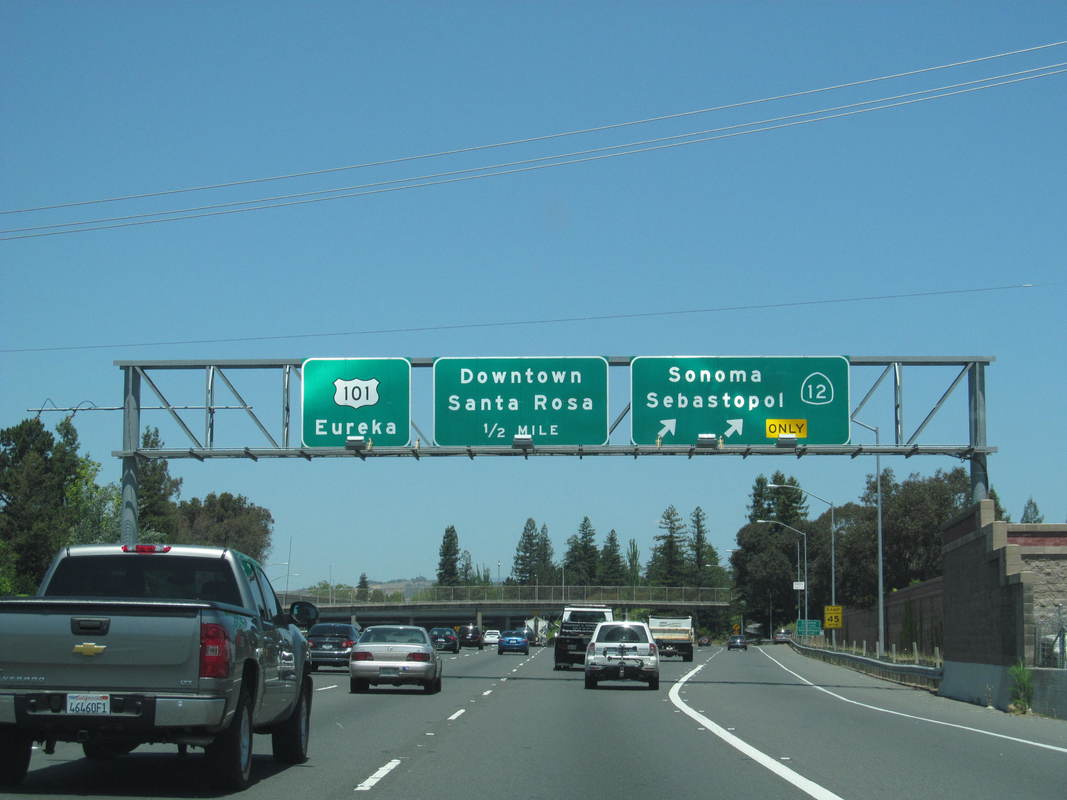|
Under both the US and California Constitutions, defendants are granted the right to a public and speedy trial. This right to a public trial is in place to ensure that defendants receive a fair and open trial, and therefore are not as likely to be subject to abuse by the judge or any other court officer. But the Constitution also guarantees the right of the public to observe and monitor these proceedings as the U.S. Supreme Court has often held that public access to criminal trials is necessary to ensure freedoms of speech and the press. The relevant caselaw, however, also points out that this right of public access is presumptive, not absolute. Courtrooms can be closed to the public if it can be demonstrated that closing the proceedings serves a higher interest and that closure is narrowly tailored to serve that interest.[1]
California Code of Civil Procedure Section 124, which has just been amended in recognition of the challenges faced in ensuring public safety in light of COVID, protects the public's right to access trials and judicial proceedings in these ever-changing times. Courtrooms have been closed to the public. Many hearings have been held remotely, often with the general public unsure how to go about gaining access to the inline proceedings. As such, and as most of us working within judicial system have witnessed firsthand, the pandemic has limited constitutionally-protected public access to court proceedings. In one notable example, the Ojai Valley News sought to continue its coverage of events taking place within the Los Angeles Superior Court without sending reporters to the actual courthouse—as to minimize the risk of exposure for all involved—and requested remote access to proceedings in in the same way the court was providing remote access to parties and witnesses. The Court denied the request. When the newspaper cited the First Amendment and state law making all judicial proceedings presumptively public, the Los Angeles County Court responded that the reporters could have intended in-person proceedings, which satisfied the First Amendment and statutory right to public access.[2] In light of issues like this faced throughout the State, California Code of Civil Procedure Section 124, was amended as of January 1, 2021, to read that (except as provided in the Family Code or any other relevant provision of law,) the court is prohibited from excluding the public from physically attending court proceedings just because remote access to the proceedings is available, unless doing so is “necessary to restrict or limit physical access to protect the health or safety of the public or court personnel.” Further, if the court is closed, it must “to the extent permitted by law … provide, at a minimum, a public audio stream or telephonic means … to listen…” to the proceedings. [1] See Richmond Newspapers, Inc. v. Virginia (1980) 448 U.S. 555; see also Press Enterprise Co. v. Superior Court of California (1984) 464 U.S. 501, and Press-Enterprise Co. v. Superior Court of California (1986) 478 U.S. 1. [2] Los Angeles Superior Court letter to Jack Lerner, et.al. October 8, 2020. Comments are closed.
|
AuthorDevina strives to make information relevant to the lives of her clients easily accessible. Archives
July 2024
Categories
All
|
Proudly serving Sonoma, Marin, Napa, Mendocino and Lake Counties (and occasionally venturing as far as Yolo, Santa Clara and San Mateo Counties).
Proudly powered by Weebly
This website is for informational purposes only and does not provide legal advice. Do not act or refrain from acting based on anything you read on this site. Using this site or communicating with the Law Office of Devina Douglas through this site does not form an attorney/client relationship. This site is legal advertising. Please review the full disclaimer for more information. (LINK TO FULL DISCLAIMER PAGE)

 RSS Feed
RSS Feed




